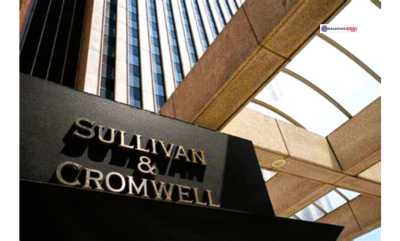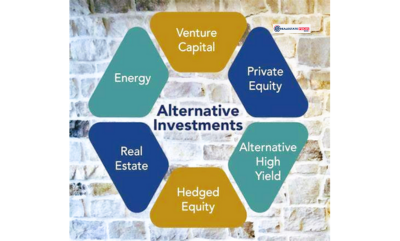

Dave Ramsey’s Brutal Real Estate Reality Check: If You Think It’s Passive Income, You’re Already in Trouble
Real estate investing is often marketed as the ultimate path to financial freedom, an income stream that grows while you sleep. Buy a property, rent it out, and watch the mortgage melt away as your tenants cover the costs. No heavy lifting. No surprises.
Finance author and property mogul Dave Ramsey would like a word.
“If you think that’s how real estate works,” Ramsey said recently on The Ramsey Show,
“you’re a novice at best, an idiot at worst.”
It’s a stark warning from a man who’s no stranger to the business. Ramsey has owned over 2,000 rental properties valued in the hundreds of millions and has seen firsthand what separates successful investors from hopeful amateurs.
The Myth of Effortless Cash Flow
At the center of Ramsey’s warning is a fundamental misunderstanding many new investors have: that rental income is guaranteed.
“Sometimes renters don’t pay,” he said. “Sometimes there’s cancer. A car wreck. A lost job. A pandemic. I’ve been a renter and a landlord. Life happens, and when it does, you’re the one on the hook.”
This illusion of predictability, he argues, is what trips up most newcomers.
And the numbers back him up:
- 14% of renters faced late rent fees in 2024 (CFPB)
- 42% of Americans have no emergency fund (U.S. News)
- 40% can’t cover a $1,000 surprise expense, like a car repair or medical bill
So when your tenant’s fridge breaks the same week as their transmission and payday’s still two weeks away you’re not getting paid.
When Owning Becomes Owing
Even with rent rolling in, Ramsey warns that many investors overlook the real cost of ownership.
In major cities across the U.S., it’s now often cheaper to rent than own meaning landlords may be subsidizing their tenants month after month.
From rising interest rates and taxes to surprise repairs and vacancy gaps, cash flow isn’t just fragile, it’s often negative.
“People think they’re landlords when they’re actually paying to let someone else live in their house,” Ramsey said. “That’s not investing. That’s charity with a mortgage.”
How to Invest Like a Pro Not a Punchline
Real estate remains one of the most powerful wealth-building tools but only when approached with the discipline of a business, not the fantasy of easy money.
Here’s how to avoid the beginner pitfalls:
Price in the Chaos
Smart investors build vacancy and default assumptions into every deal. Plan for missed payments, unexpected maintenance, and market downturns, not just blue skies.
Keep Cash on Deck
Create a dedicated reserve fund to cover at least 3–6 months of expenses. One late rent check shouldn’t send your finances into freefall.
Location Still Rules
Focus on high-demand areas with stable employment bases and long-term growth potential. Quality tenants follow opportunity.
Know Your Tenants
Always run credit, criminal, and rental history checks. A high-maintenance tenant can cost more than an empty unit.
Not Ready for the Hustle? There Are Other Options
If managing tenants and toilets sounds more stressful than profitable, Ramsey suggests exploring alternatives that offer real estate exposure without the responsibility.
- REITs (Real Estate Investment Trusts): Publicly traded vehicles that offer dividend income and liquidity
- Private real estate funds: Higher-yield options for accredited investors, often focused on commercial assets
- Crowdfunding platforms: Invest in fractional shares of property portfolios with as little as $10
These platforms offer access to institutional-grade properties minus the midnight maintenance calls.
The Real Sign You Don’t Know Real Estate? Thinking It’s Easy.
Ultimately, Ramsey’s strongest clue that someone doesn’t understand real estate isn’t a technical error, it’s their attitude.
“The idea that real estate is passive income is one of the most dangerous myths in investing,” he said. “It’s active. It’s messy. It requires diligence. If you’re not prepared for that, you shouldn’t be in the game.”
In other words, if you want real estate to be a reliable source of income, treat it with the respect of a real business, not a shortcut to early retirement.
Because the moment you assume it’s easy? That’s when you start losing.




































